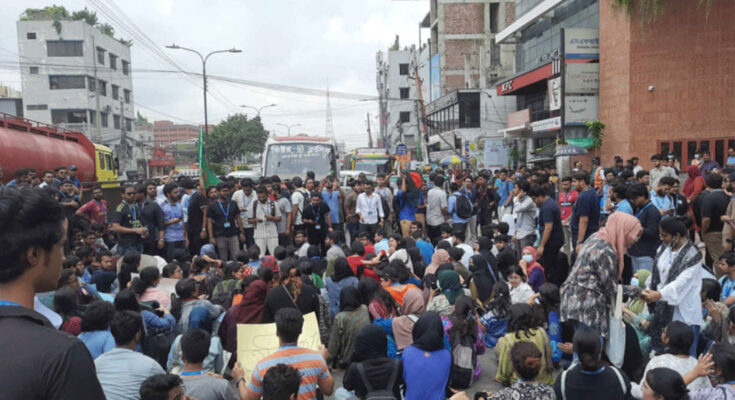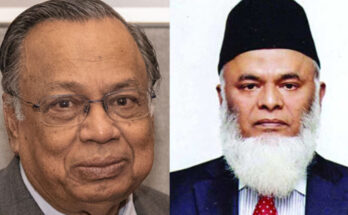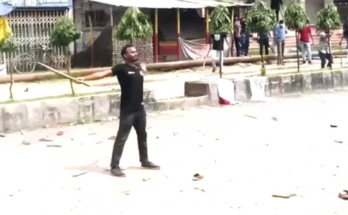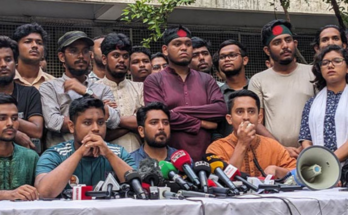Introduction
Bangladesh is currently witnessing a significant anti-discrimination student movement, demanding justice and equality. The government, instead of addressing these legitimate demands, has resorted to severe repression using police, Border Guard Bangladesh (BGB), and military forces. This crackdown has resulted in the deaths of 266 innocent students so far. Despite the outcry, those responsible for the unlawful killings have not been held accountable. The situation in Bangladesh remains tense and volatile, drawing international attention and condemnation.
Government’s Brutal Response
The students’ peaceful protests have been met with extreme violence. Security forces have used live ammunition against unarmed protesters, leading to numerous fatalities. The government’s response has been to intensify the crackdown by abducting students from their homes, leading to enforced disappearances and extrajudicial killings. This has created an atmosphere of fear and chaos across the country.
International Condemnation
The international community has not remained silent. Recently, U.S. Senators Ben Cardin and Cory Booker, both members of the Senate Foreign Relations Committee, issued a strong statement condemning the violence used against the students. They highlighted the involvement of the Rapid Action Battalion (RAB), a paramilitary unit already under U.S. sanctions for human rights violations.
Key Points from the U.S. Senators’ Statement
- Condemnation of Violence: The statement condemned the use of force and violence by Bangladeshi security forces against student protesters.
- Call for Independent Investigation: The senators called for an immediate, independent, and impartial investigation into the human rights violations committed by the security forces.
- Support for Protesters: The statement expressed solidarity with the students and their struggle for dignity and a prosperous future.
- Continued Advocacy: The U.S. pledged to continue speaking out for human rights in Bangladesh and holding those responsible for abuses accountable.
The Root of the Protests
The student movement was initially sparked by demands to end the discriminatory quota system in government jobs, which reserves a significant portion for the descendants of the 1971 war veterans. This system has long been seen as unfair by many, particularly the younger generation, who feel it limits their opportunities for employment based on merit.
The Government’s Countermeasure
In an attempt to placate the public outcry, the government declared July 30 as a day of mourning for the victims. However, this gesture has been widely criticized as insincere, given the ongoing violence and lack of accountability. The students, in a powerful act of non-violent protest, have planned to upload photos of themselves blindfolded with red cloth on their Facebook profiles on this day. This act symbolizes their plight and resistance and has been praised globally.
Historical Context and Implications
The current movement is reminiscent of past uprisings in Bangladesh, such as the 1969 movement against General Ayub Khan and the 1990 movement against General Ershad. These movements were marked by significant casualties and ultimately led to political change. The recent violence during the quota reform protests, with an average of 21 deaths per day over 10 days, marks one of the bloodiest periods in recent history.
Conclusion
Bangladesh stands at a critical juncture. The government’s harsh response to the student protests and dismissive attitude towards public grievances threatens to deepen societal rifts. The international community has taken note, with credible evidence of human rights violations emerging. It is crucial for the government to address these issues transparently and fairly to restore public trust and ensure long-term stability.




